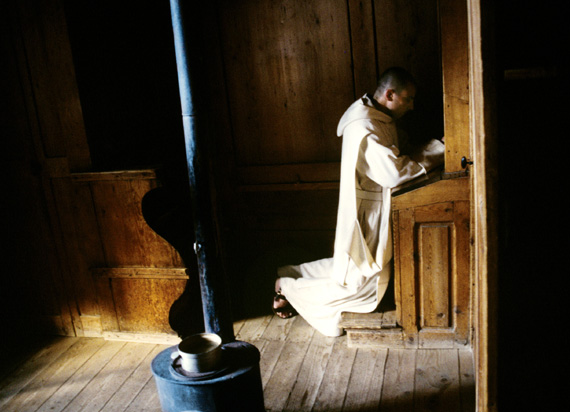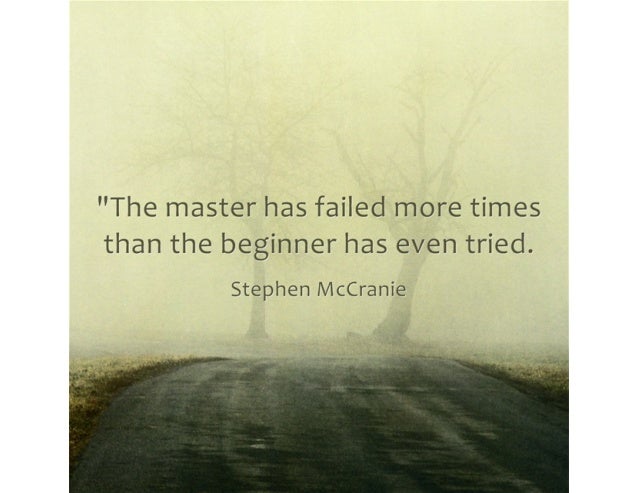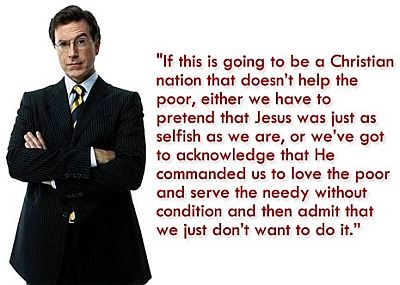"The Diary of a Country Priest" by Georges Bernanos.
 I do not know how to give. The humility of this prayer is heartbreakingly beautiful. After all, it is not that I may give to Him, but that He might have me. That His will might be done, not that I might do it. That He may rejoice in making me what He wishes, not that I might become that.
I do not know how to give. The humility of this prayer is heartbreakingly beautiful. After all, it is not that I may give to Him, but that He might have me. That His will might be done, not that I might do it. That He may rejoice in making me what He wishes, not that I might become that.
Of course in actual fact the two are inseparable. He cannot make me what He wills unless I become that, and one of the things that He wills that I become is joyful, full of life. Nor is it wrong to desire fulfillment, to desire to be united with Him and to taste the joys at His right hand for ever more. As C. S. Lewis puts it, "A man is not mercenary for wanting to marry his beloved." Marriage is what the beloved is for (in a limited, human sense.) In a much deeper and more fundamental sense, Heaven is what I am for. It is not mercenary greed but deepest humility and gratitude to desire to receive all that God desires to give.
But it is very wise, and touching, and childlike, that this priest could see only his inability to give, and see the solution in God's utter ability to take. It is like the man who sees his lack of humility, and has finally come to realize not simply his lack, but his inability to supply that lack. He might be tempted to despair, but if he does then he has not learned the still deepest truth, that God's grace is sufficient unto us. God created us to receive everything that we are incapable of doing for ourselves. In other words He created us to receive Him. The proper response to that glimpse of our own powerlessness is joy, gratitude that we could provide God an opportunity to do what He delights to do, to give us what we lack.
"Therefore I will boast all the more gladly of my weaknesses, so that the power of Christ may rest upon me." 2 Corinthians 12:9b.
Anyway, read "The Diary of a Country Priest," prayerfully and with gratitude, and pray not to be made like the humble Cure', but made into whatever God wishes to make you.

















